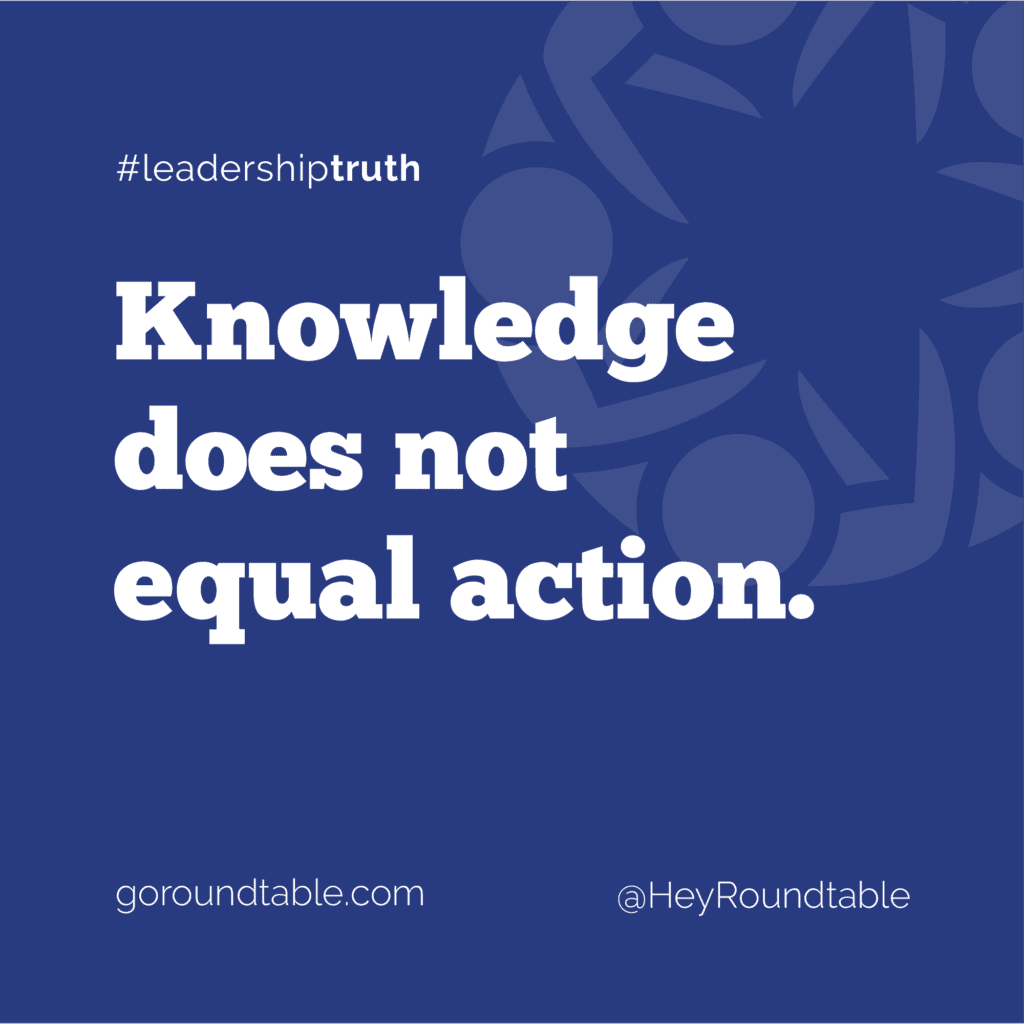Knowing what to do and then actually doing it are two completely different things; particularly when it comes to your behaviour. Most of us would agree that building supportive relationships with our colleagues is important to creating a healthy and productive workplace, so here’s a scenario: Your colleague suggests a change to a plan that you don’t agree with. You point out some potential pitfalls but they are insistent. You finally decide to just ‘let them have their way’ and support their plan. As you predicted, the plan goes off the rails. Do you a) help your colleague fix the mistakes or b) help your colleague fix the mistakes while reminding them that you had told them these problems would happen?
Which approach is better for your long-term relationship with your colleague? If you’ve decided to support the plan, then you also own the outcome. Reminding your colleague of how smart you are and how stupid they are probably isn’t going to go very far to build a trusted working relationship. Most of us know the right answer is to just shut up, pitch in and help, but many of us will likely find it hard to resist the urge to get in a couple of ‘I told you so’ comments. Knowing what to do doesn’t mean we always do it. Being intentional, practicing and having someone hold you accountable are key ingredients to move from knowing to doing.
Who is your accountability partner when you need to move from knowing to doing?




